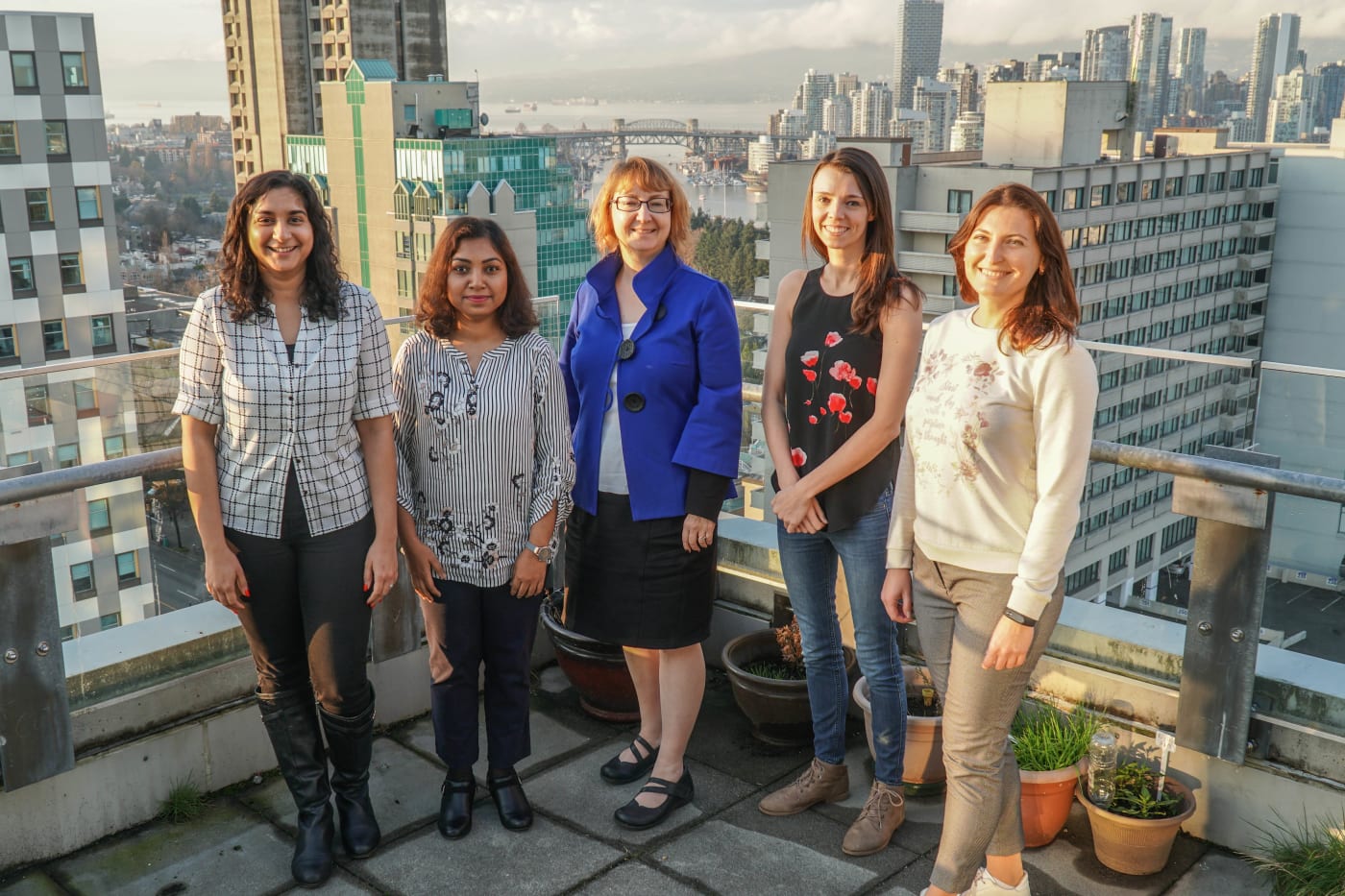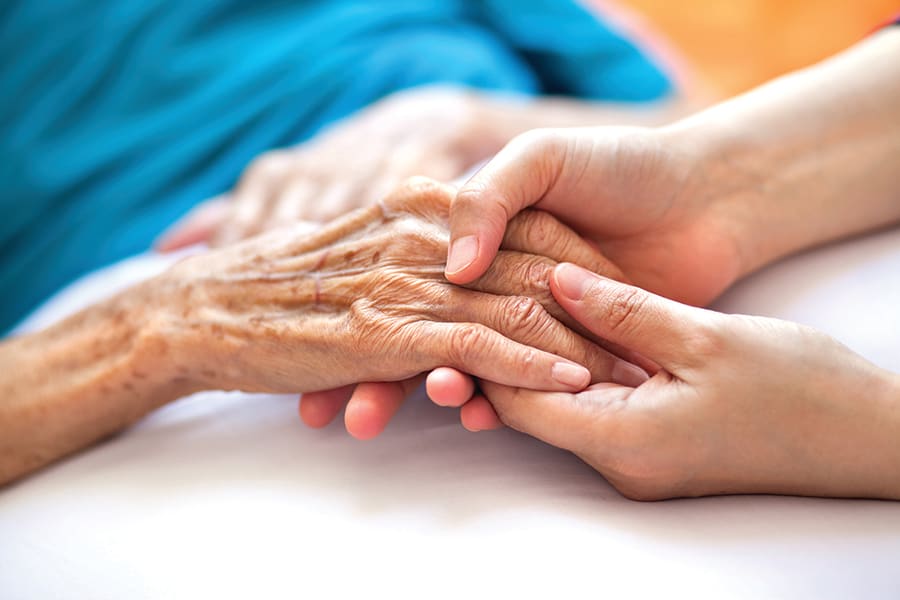Super Seniors: What Health and Longevity can Teach us About Cancer
October 30, 2014

Hello Readers,
I mentioned in a previous blog that one of the most important tasks of a researcher is to train the next generation of cancer researchers. At the BC Cancer Agency we have a unique training program for graduate students working on MSc or PhD degrees on cancer, the Interdisciplinary Oncology Program (IOP). This Agency-initiated program now has over 50 students. In part through the IOP, the BC Cancer Agency is central to the training of cancer researchers in B.C.
The IOP is designed to help students become broad thinkers on cancer issues, in addition to experts in a specific area. They learn about ‘basic’ cancer research (for example, how cancer cells behave, which genes contribute to cancer), ‘clinical’ research (research on patients or using samples from patients), ‘health services’ research (research on costs vs. benefits), and ‘population’ research (for example, what lifestyle factors may affect risk of cancer). A wonderful way to support cancer research is by supporting a trainee beginning their cancer research career.
In my lab, graduate students carry out research on two projects, one is the Lymphoma Families Study I blogged about previously. The other project asks what is special about the genes people who live a long life and remain in exceptionally good health for over 85 years. This is the ‘Super-Seniors’ Study. My team has enrolled 500 amazing people aged 85-109, who have never been diagnosed with cancer, cardiovascular disease, major pulmonary disease, Alzheimer disease or diabetes. Longevity runs in their families – on average, the parents of the Super-Seniors lived 15 years longer than their contemporaries! While lifestyle and other factors are important, it is likely that some of this familial longevity is due to shared genetics.
Over the last decade, large groups of researchers have put together studies of 100,000 or more cancer patients and compared them genetically to people who are cancer-free. Such studies have identified hundreds of “disease variants” which can increase disease risk. We wondered if the Super-Seniors had simply been lucky enough to not inherit these genetic factors. To test this, we looked at the gene sequences of two brothers, aged 106 and 109. To my great surprise, the brothers had just as many common disease variants as ordinary people. Other studies of individuals who lived to 100 or more are in agreement with our Super-Senior data. These healthy long-lived individuals may tolerate the presence of disease variants because they have protective genetic factors that ‘mask’ their effects.
In the future, I hope to sequence the genomes of all the Super-Seniors to look for genetic factors that protect against cancer and other diseases. Philanthropic support from BC Cancer Foundation donors will make a huge difference in these next steps. Finding such factors and learning how they work will help us understand how to better prevent cancer.
Thanks again for reading,
Angie


